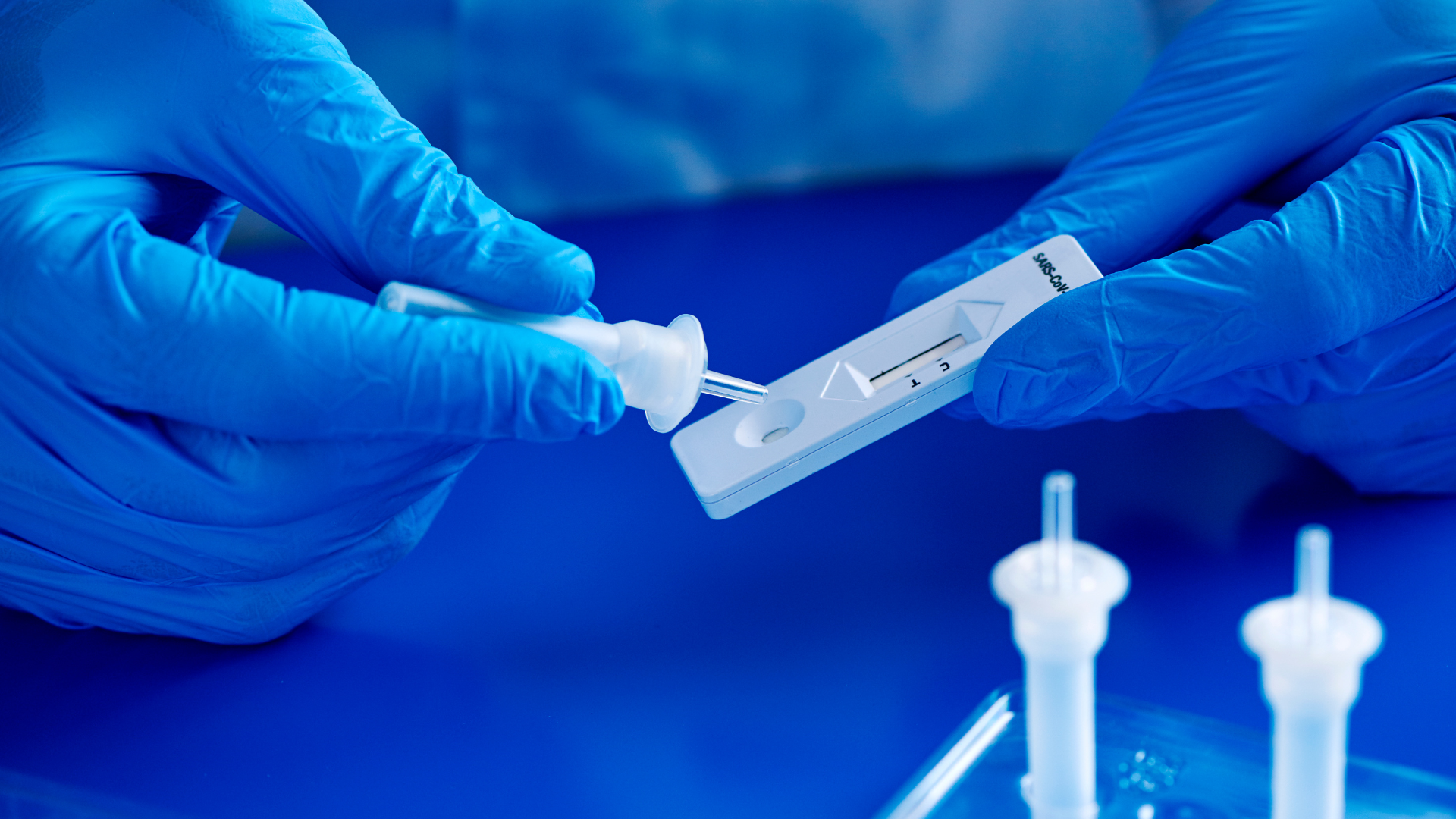As we transition into September, the familiar signs of fall begin to appear: cooler temperatures, vibrant foliage, and the inevitable onset of the cold and flu season. This time of year also marks the return to school, the end of summer vacations, and a significant increase in public gatherings at festivals and fairs. These factors create the perfect storm for the spread of infectious diseases like Influenza, RSV, Strep throat, Lyme disease, and COVID-19. For healthcare providers, particularly pharmacists and clinicians, the importance of rapid testing for infectious diseases cannot be overstated.
Rapid Testing: A Crucial Tool for Early Detection
Rapid testing for infectious diseases has become an indispensable tool in the healthcare industry. These tests provide near-instant results, allowing healthcare providers to make informed decisions quickly. In a clinical setting, time is often of the essence, especially when dealing with highly contagious diseases. The ability to diagnose and treat patients promptly can significantly reduce the spread of illnesses within the community.
From a pharmacist’s perspective, rapid tests are vital in managing patient care during the cold and flu season. Pharmacies are often the first point of contact for patients experiencing symptoms, and offering rapid testing for Influenza, RSV, and Strep throat allows for immediate diagnosis and treatment. This not only improves patient outcomes but also helps to alleviate the burden on other healthcare facilities, such as clinics and hospitals, which may be overwhelmed during peak illness seasons.

Enhancing Public Health Safety
As children return to school and people gather at large events, the risk of spreading infectious diseases increases dramatically. Rapid testing for common illnesses like Strep throat and Influenza can help prevent outbreaks in these settings by quickly identifying and isolating affected individuals. For Lyme disease, which is often contracted during outdoor activities, early detection through rapid testing can prevent the long-term complications associated with delayed treatment.
Similarly, in the ongoing battle against COVID-19, rapid testing remains a crucial component of public health strategies. As new variants emerge, the ability to quickly identify and contain cases is essential in preventing widespread transmission. Pharmacies and healthcare providers play a pivotal role in this effort by offering accessible and reliable rapid testing options to the public.
Meeting the Needs of Healthcare Providers
For healthcare providers, the availability of accurate and efficient rapid tests is crucial in maintaining the health and safety of the community. Rapid tests for infectious diseases like RSV, Strep, and Influenza empower providers to deliver timely and appropriate care, ultimately improving patient outcomes and reducing the strain on healthcare systems during the busy fall and winter months.
From a clinical perspective, the use of rapid tests supports evidence-based practice by enabling providers to quickly confirm diagnoses and initiate treatment plans. This is particularly important in managing the spread of highly contagious diseases in environments such as schools, colleges, and public events, where timely intervention can make a significant difference.

Protecting Your Community This Season
As we approach the cold and flu season, healthcare providers must be prepared to manage an increase in infectious diseases. Rapid testing for infectious diseases offers a reliable and efficient way to diagnose and treat patients, helping to curb the spread of illnesses and protect public health.
If you are a healthcare provider looking to enhance your practice with rapid testing solutions, get in contact with us today to learn more about our range of products designed to support you during this critical season.